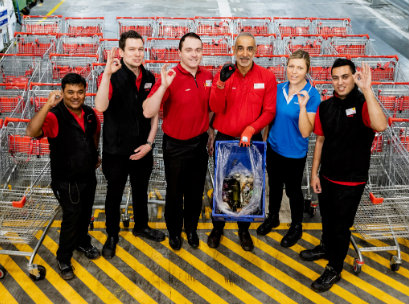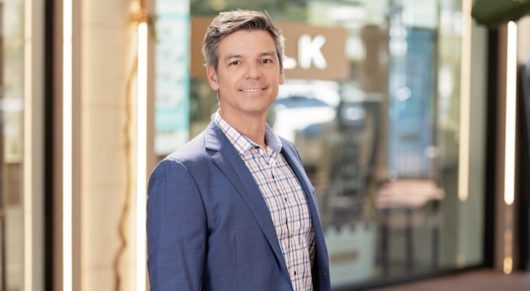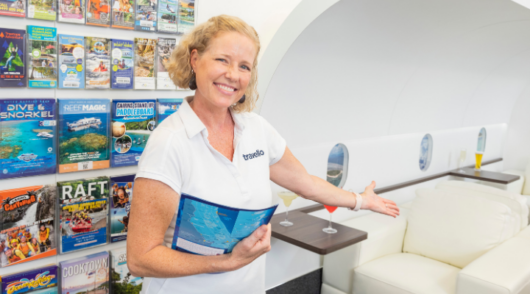
Coles supermarket at Wentworth Point in Sydney’s west is the first to trial a zero waste to landfill initiative.
The trial aims to change in-store processes, focus on source separation and use waste as a resource.
The equivalent of six and a half shopping trolleys of waste, such as packaged and unpackaged food, cardboard, plastic, metal, glass, wax boxes, polystyrene and timber, will be saved from going to landfill each day/
“Waste management is a key component of the sustainability of any business and reducing waste is a very important issue for our customers,” Coles chief property and export officer Thinus Keeve said.
“Everyone knows Australia has challenges in how we deal with our waste. That goes for everyone from households sorting their recycling to businesses like Coles. We all have a responsibility to play our part.”
Last week, the retailer reported a 32 per cent increase in the recycling of its soft plastics in FY19, thanks to the introduction of REDcycle bins at stores.
The zero waste to landfill trial store will explore new ways to recover residual dry waste such as mixed plastic and timber which tend to be the most difficult items to divert from landfill.
Coles is working with Cleanaway to help convert waste to energy. The Cleanaway ResourceCo Recovery Facility in Wetherill Park uses dry waste to produce Process Engineered Fuel (PEF), which is then used to offset the demands of heavy industry for fossil fuels.
“This is a great solution for Coles stores that produce high volumes of mixed back-of-house plastics but want to achieve a zero waste to landfill goal,” Cleanaway regional manager Alex Hatherley said.
“Our facility is unique in its ability to divert commercial dry waste from landfill, recover recyclable materials and then convert the remaining combustibles to a sustainable fuel source, PEF.”
Coles has also released its first Sustainability Report pledging to reduce its environmental impact and divert 90 per cent of waste from landfill by 2022.
Coles supermarkets and distribution centres donated 12.5 million kilograms of unsold edible food to SecondBite and Foodbank last financial year, with many supermarkets also providing food waste directly to farmers to use as animal feed.
“Our Coles network donated 13.8 million kilograms to farmers last financial year, an increase of 11 per cent. But there is always more that we can do. Everything we can’t give to SecondBite we want to give to farmers to feed their animals, recycle into compost or convert to energy,” Keeve added.
This story originally appeared on Inside FMCG.





